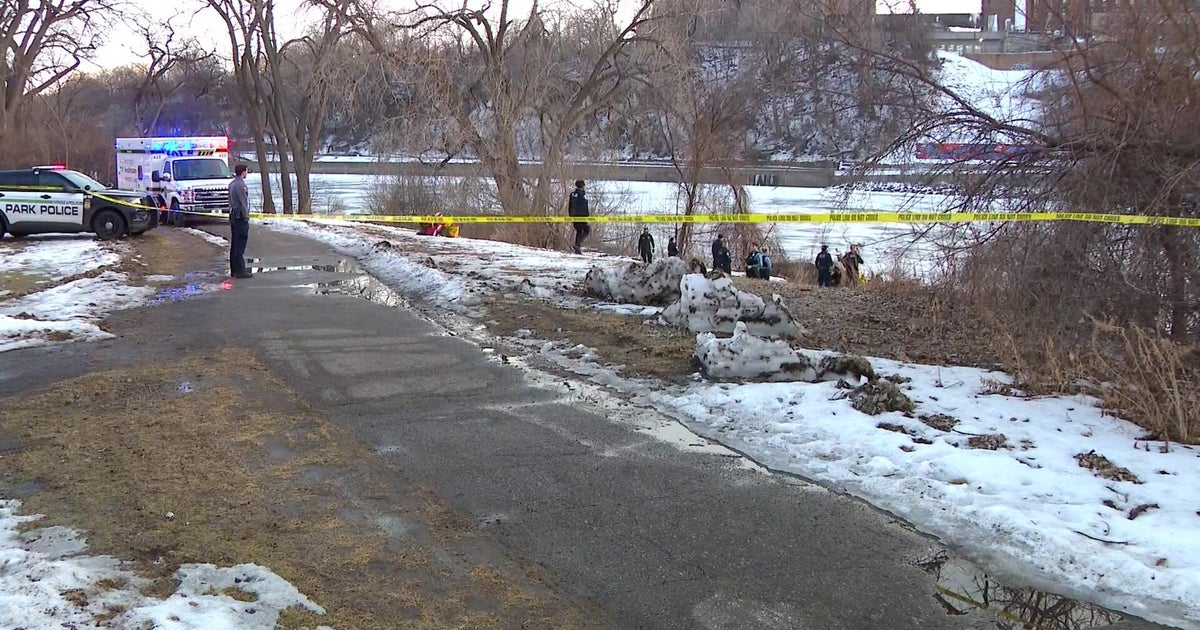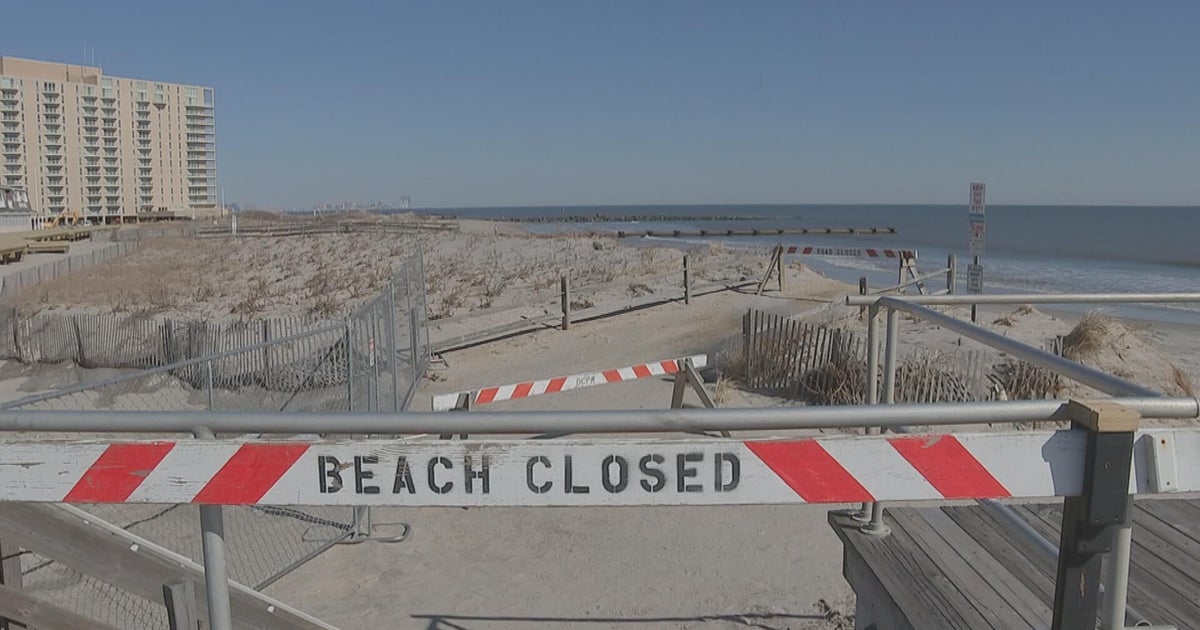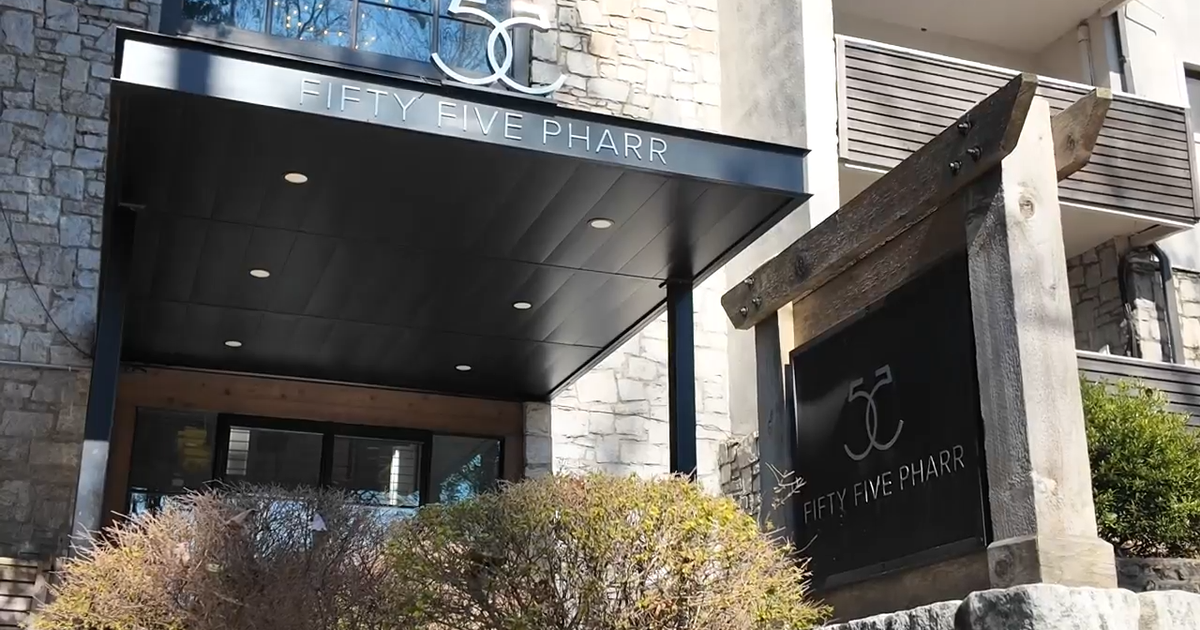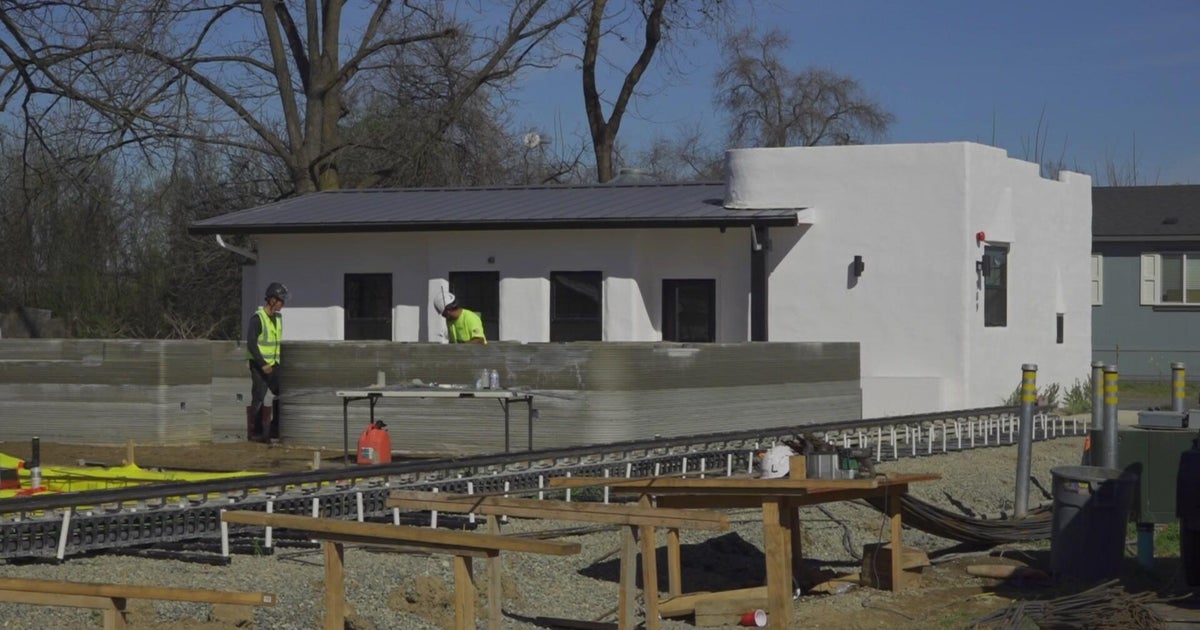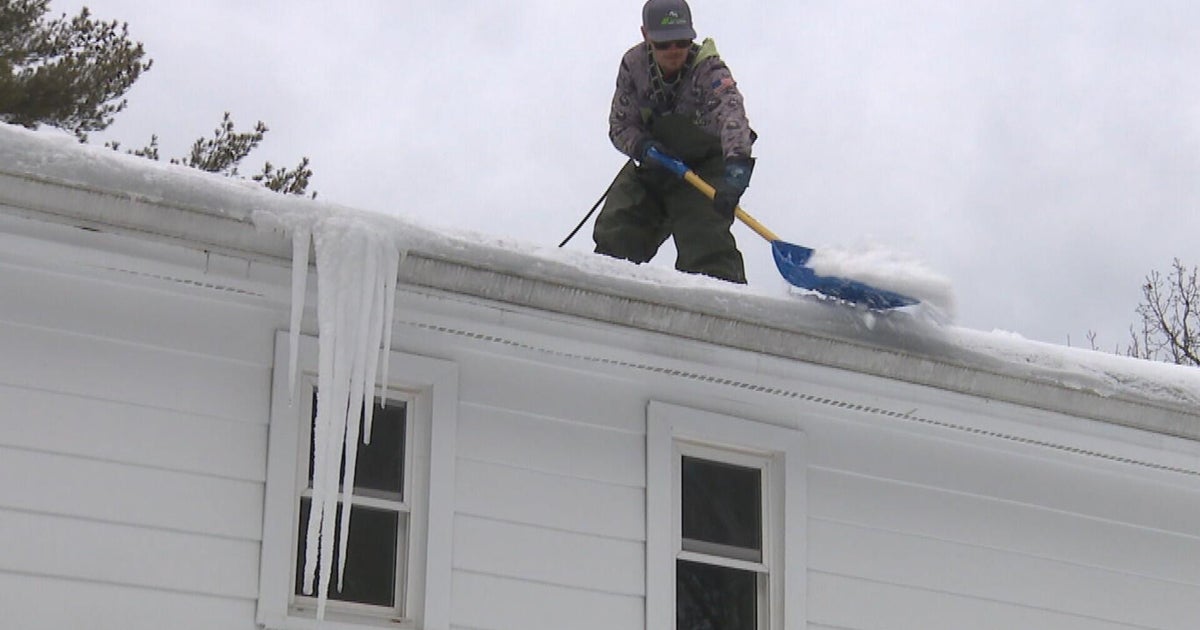Anti-Radiation Pills Becoming A Hot Commodity
(CBS) -- U.S. helicopter crews have tested positive for low levels of radiation after returning from relief missions in Japan, where workers are trying to prevent a complete meltdown at a nuclear plant damaged in Friday's earthquake.
Some helicopter crews were given potassium iodide pills as a precaution.
Those pills are a hot commodity right now, not only in Japan, but here in the United States. CBS 2's Dana Kozlov explains what those pills do and who should be taking them.
American helicopter crews had to be decontaminated after returning from humanitarian flights and some of them received potassium iodide pills to fight off radiation poisoning.
Nukepills.com, a web-based one-man company that sells potassium iodide medicine has become a hot site in the aftermath of the earthquake and subsequent tsunami in Japan. In fact, his supply recently ran out.
"This past three or four days is probably equal to what I would do in three years," owner Troy Jones said Tuesday.
That surge in demand was the direct result of Japan's nuclear concerns, Jones said, but his supply is being bought up by people in the U.S., mostly on the West Coast.
"I'm glad they're getting it. I just hope they don't use it just because they're scared," Jones said.
Dr. Dino Rumoro, the head of Rush University Medical Center's emergency department, said people shouldn't take potassium iodide unless they've been exposed to radiation or know they will be.
However, once exposed, "potassium iodide definitely helps with radiation exposure, but it's for specific types of exposure," Rumoro said.
Specifically, the pills would help with exposure to radioactive iodine, which could be the result of an accident involving a nuclear power reactor, similar to the problem in Japan.
Rumoro said radiation seeps into the body through skin and by breathing it into the lungs. It then travels to the thyroid - possibly causing cancer - unless potassium iodide is present to block it.
But having enough potassium iodide to help mass amounts of victims in Japan - or anywhere – is unlikely.
"That's the … number 1 question that comes up is do our hospitals have enough to give all the patients that come in and the answer is most likely no," Rumoro said. "And even if we pool our resources, we would have to be very strategic about who would get the medicine."
Even so, Jones said he believes Americans should stock up on potassium iodide pills just in case of a nuclear event in North America.
In response to the radiation risks to U.S. military personnel providing relief efforts, the Navy has redirected three ships to work in the Sea of Japan on the country's west coast rather than risk the hazards of radiation and the debris field in the waters off the east coast.
Even so, relief efforts will continue from the naval task force near Japan and helicopter crews are being monitored closely for contamination.
